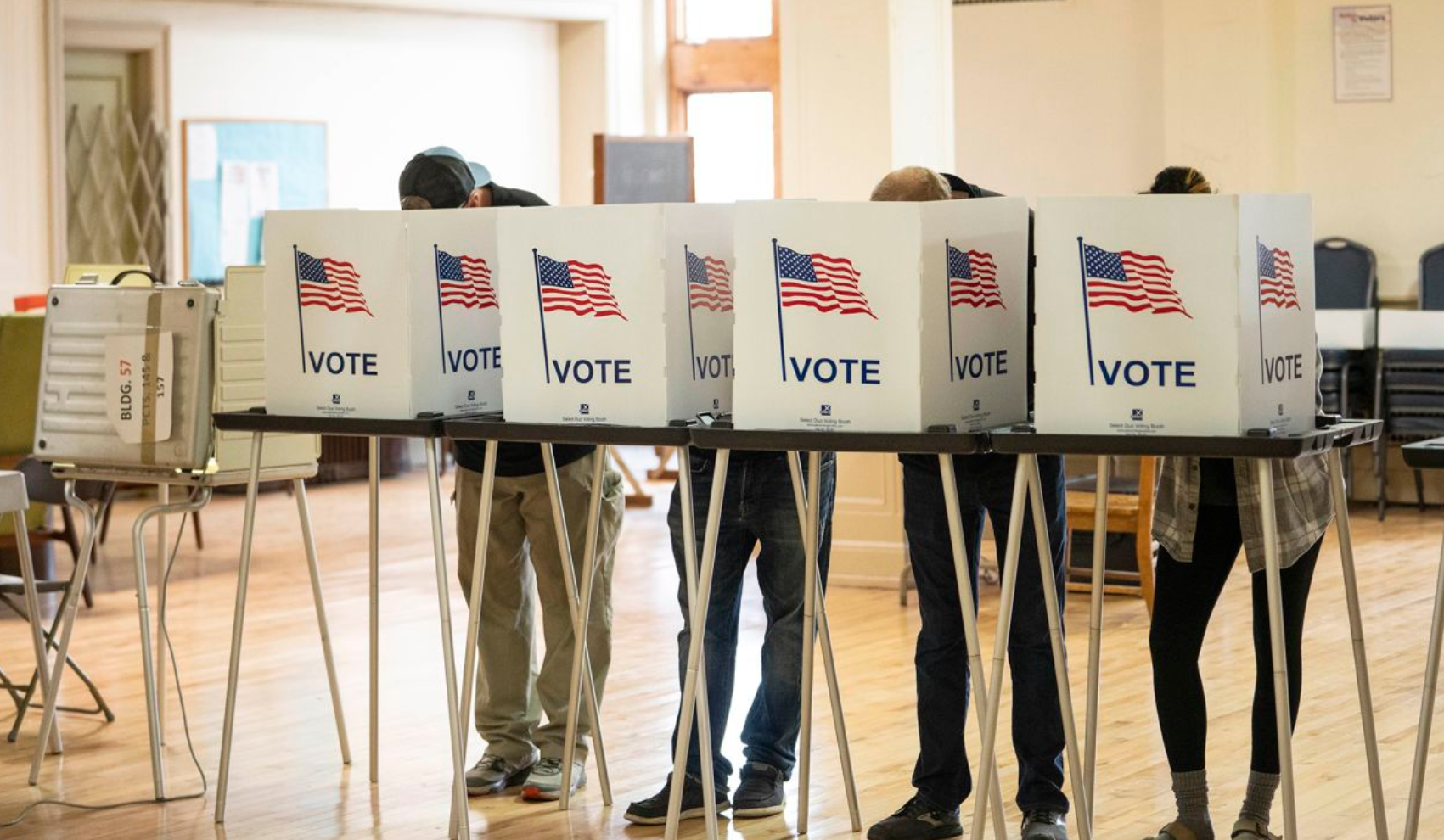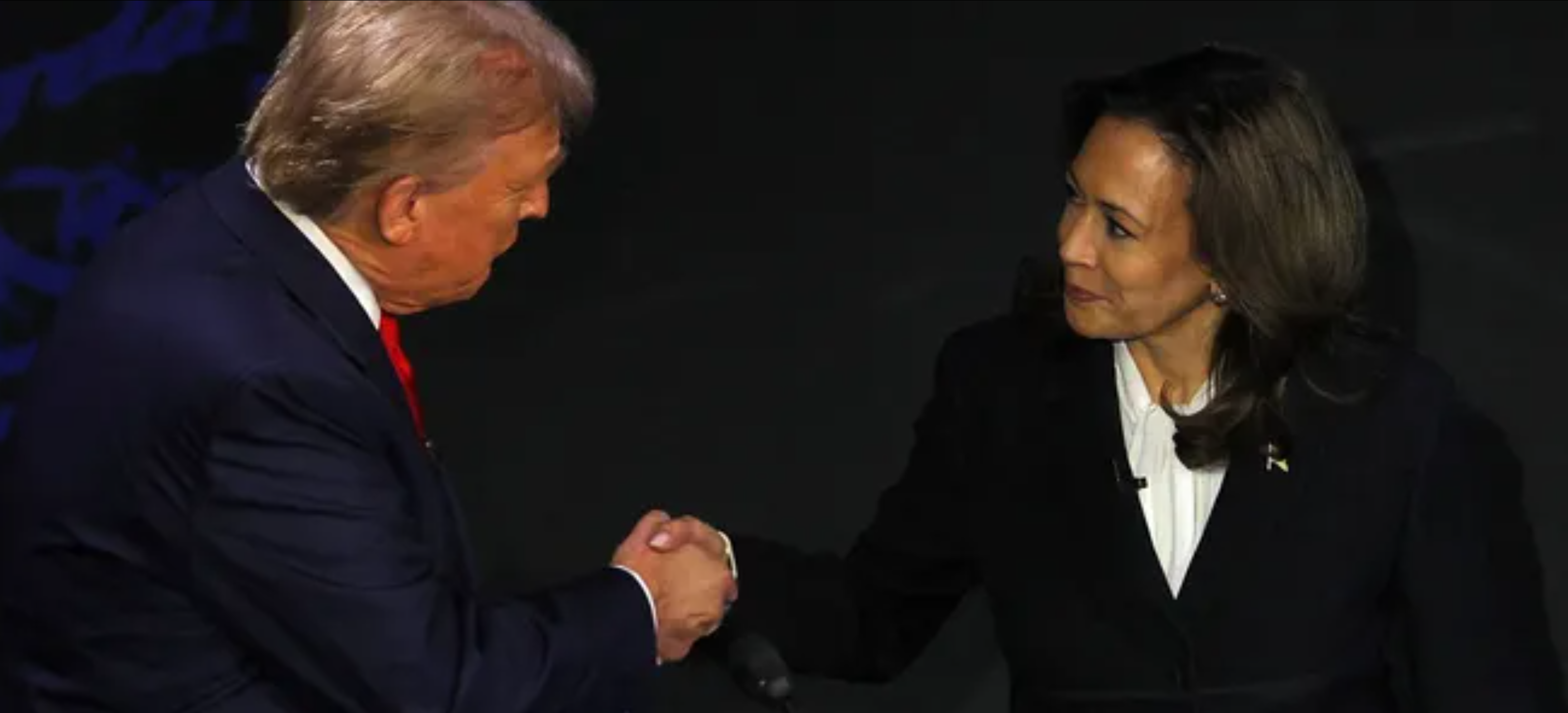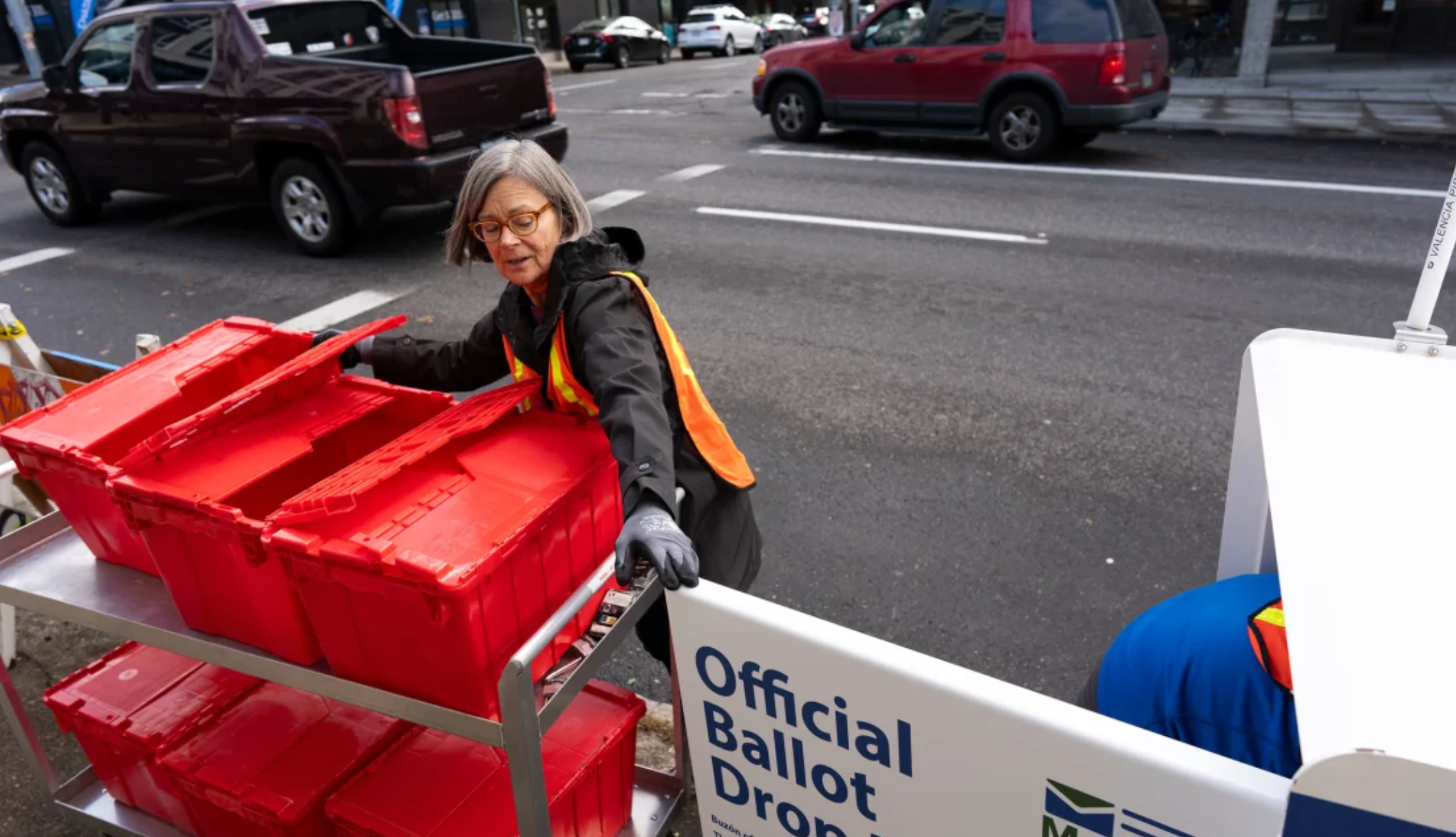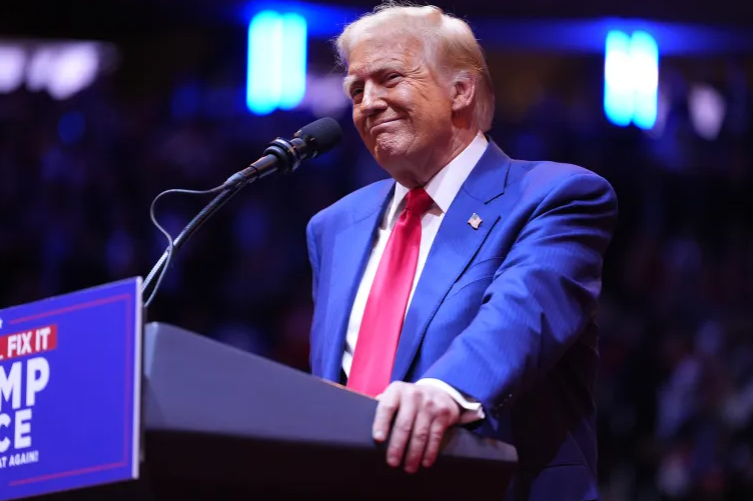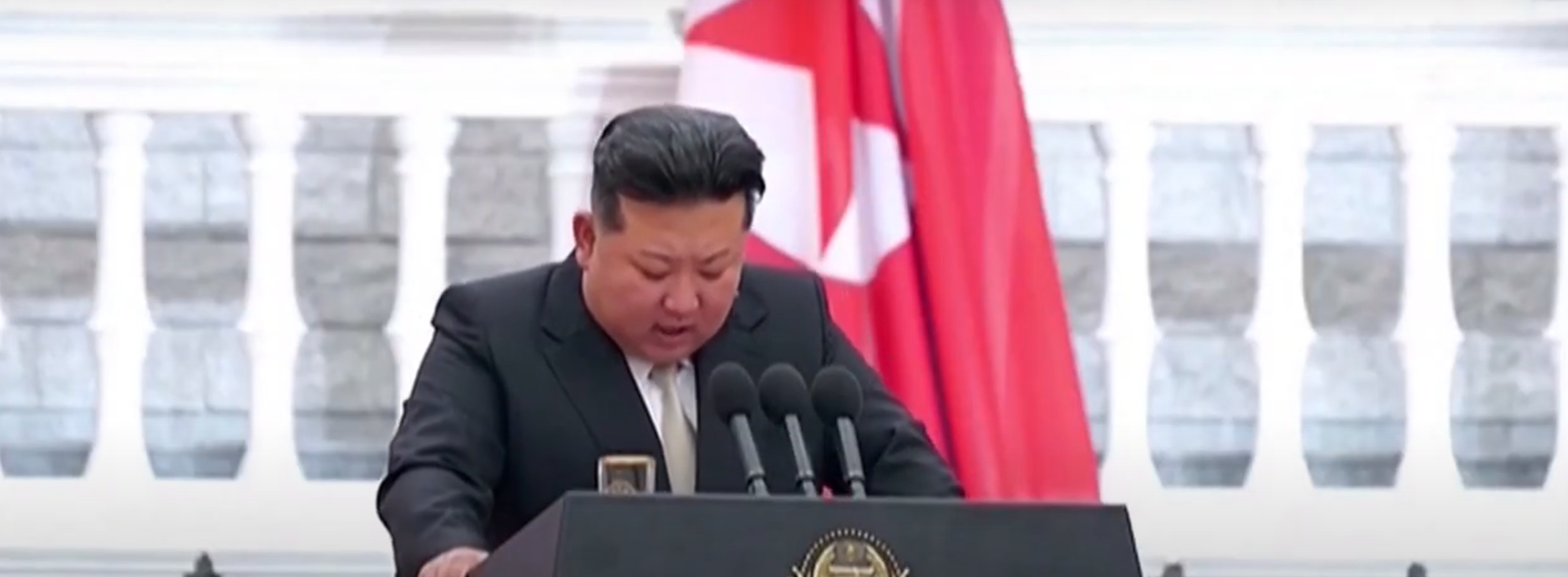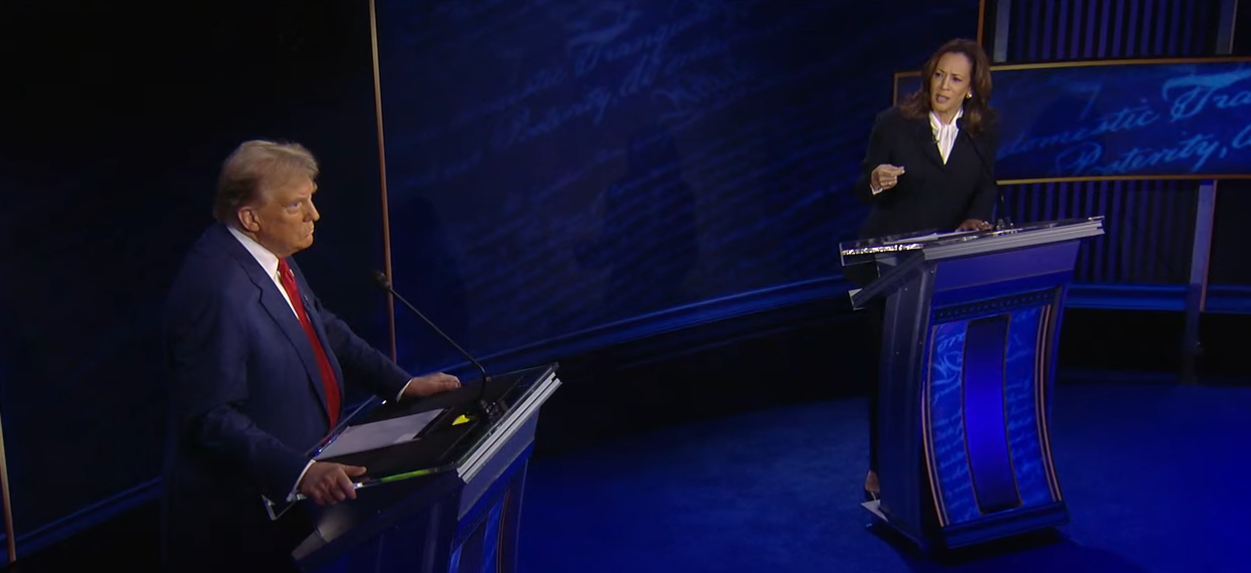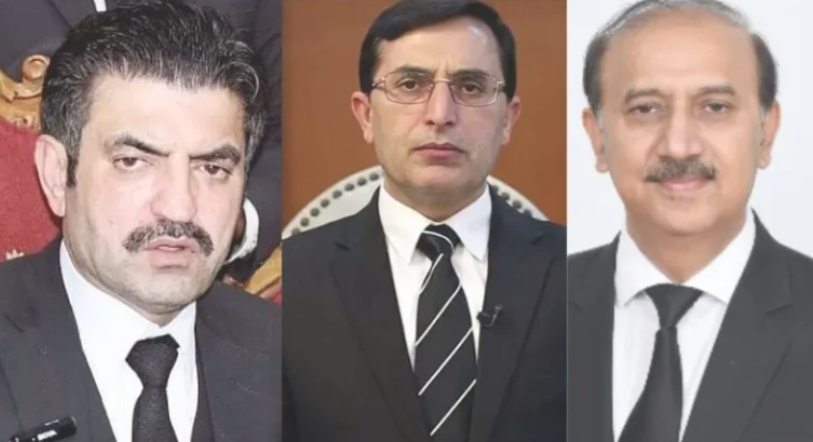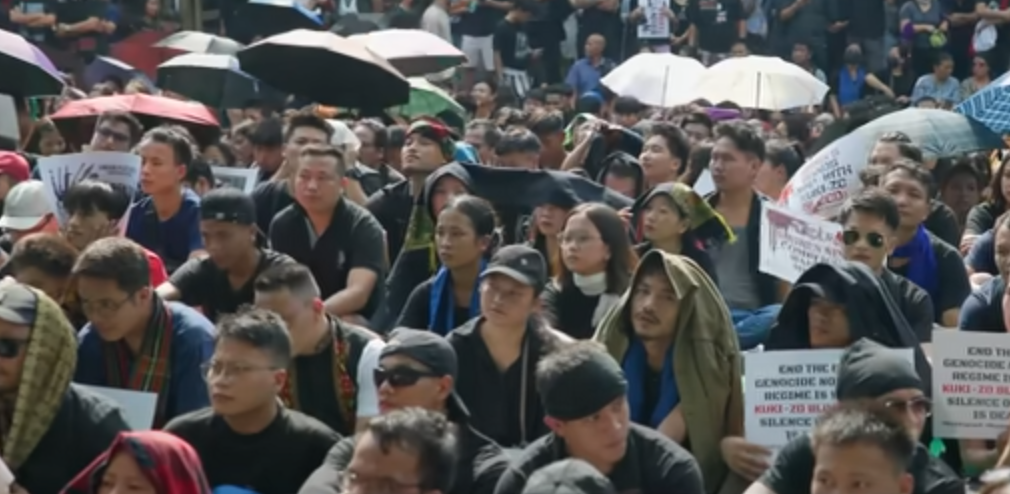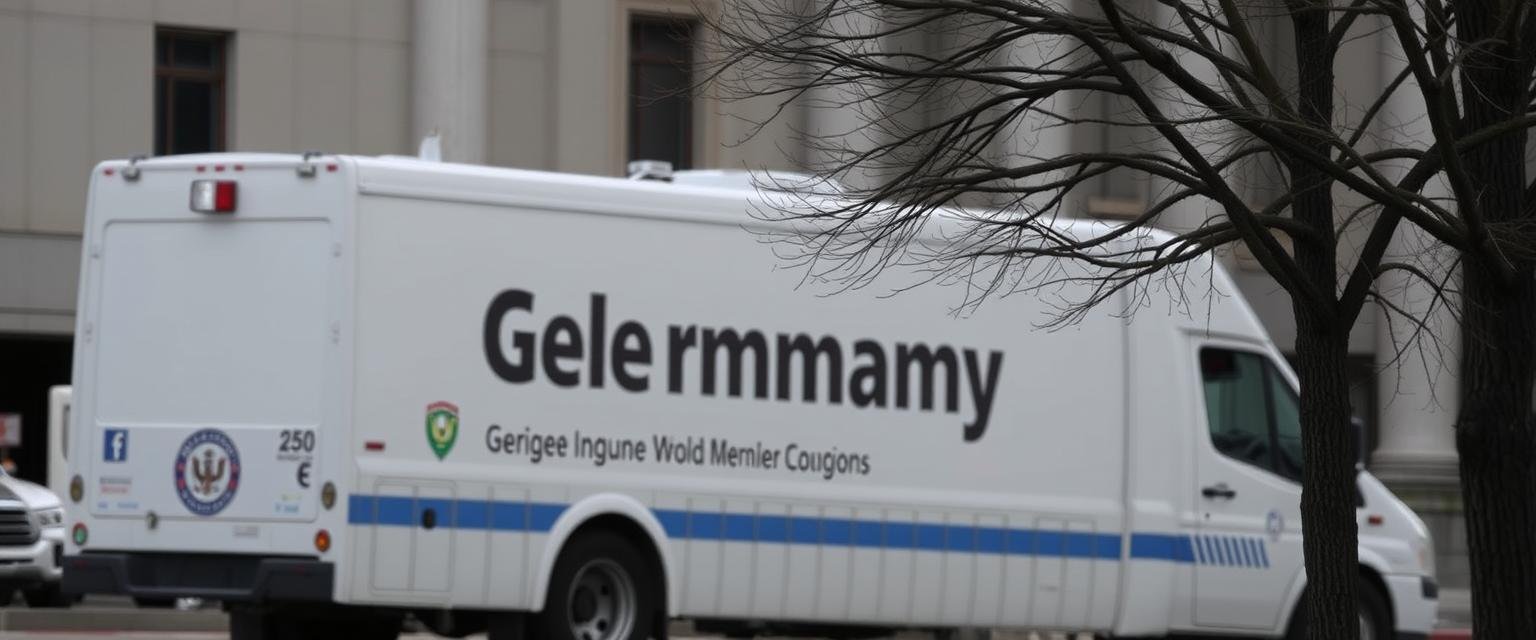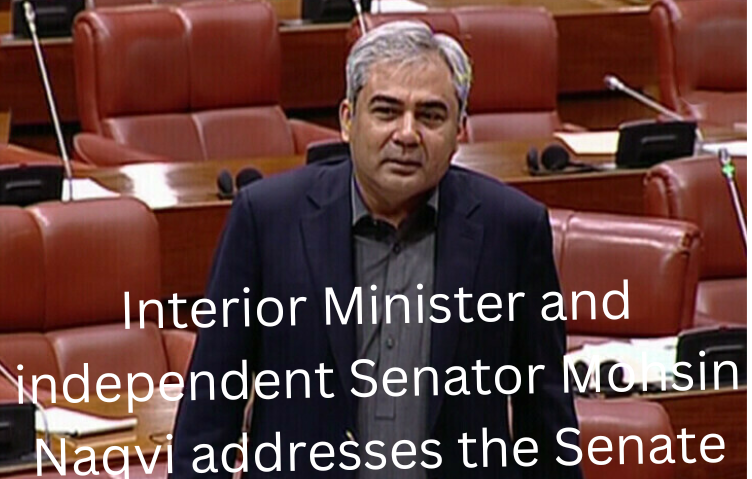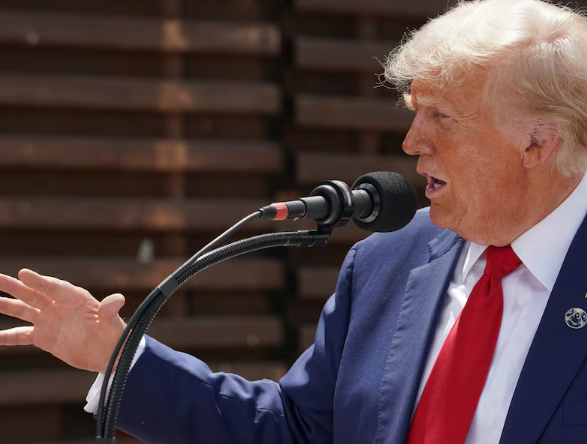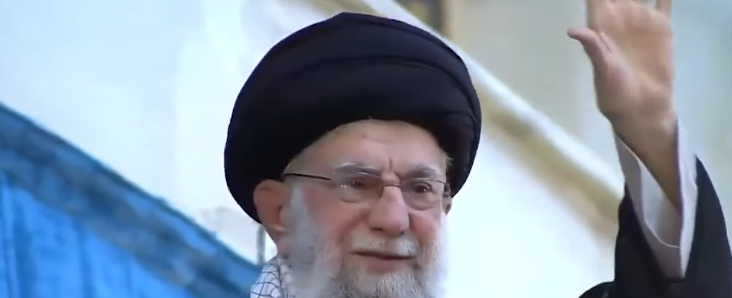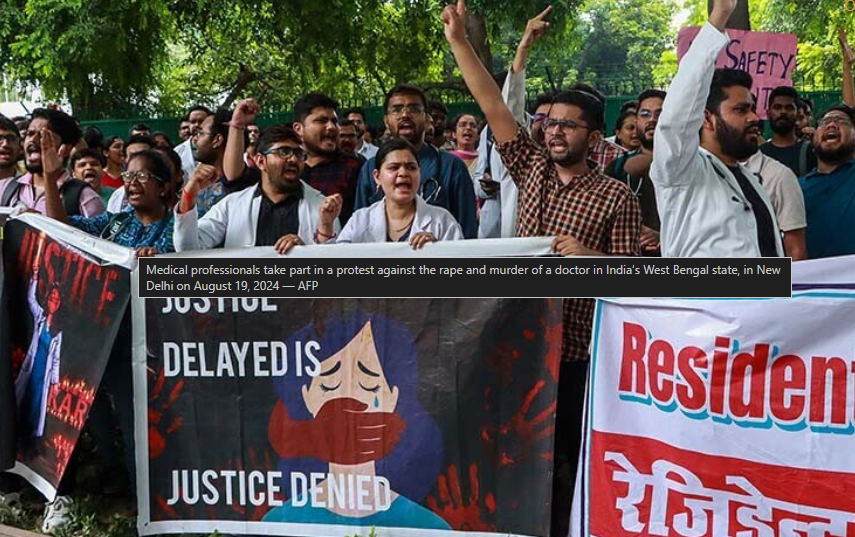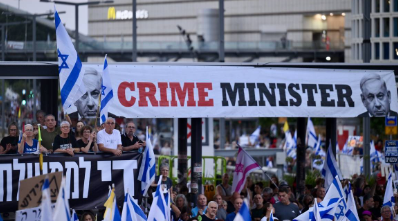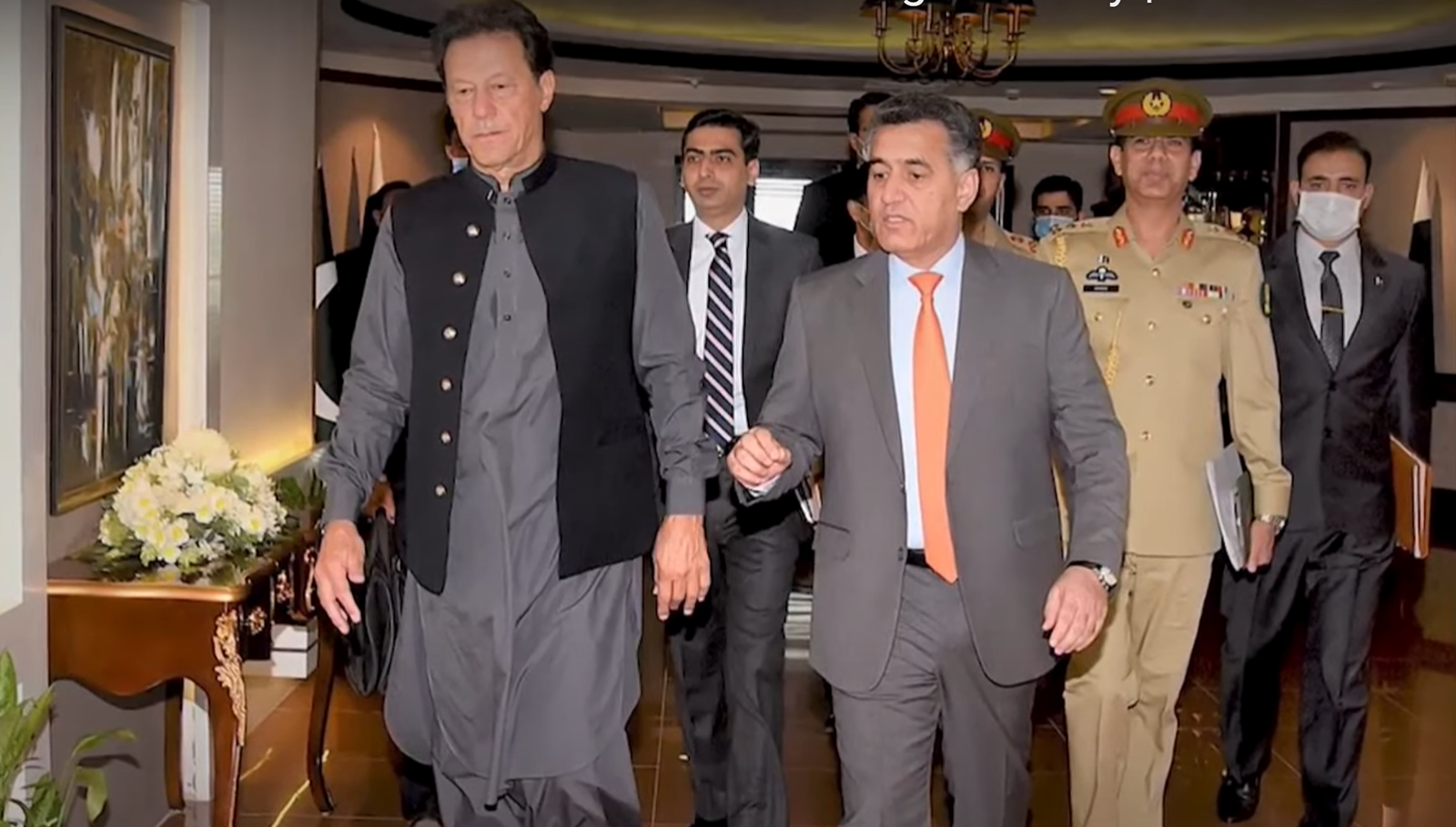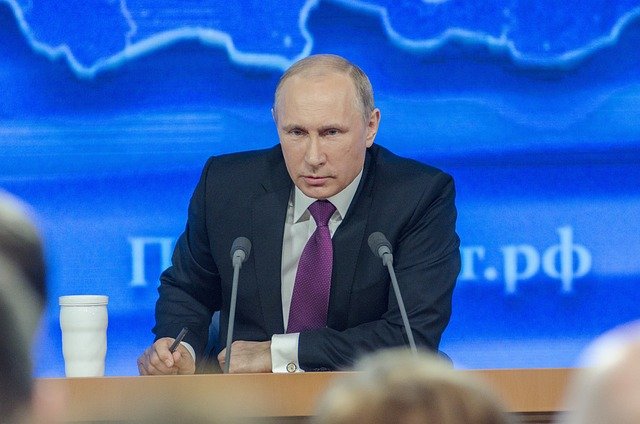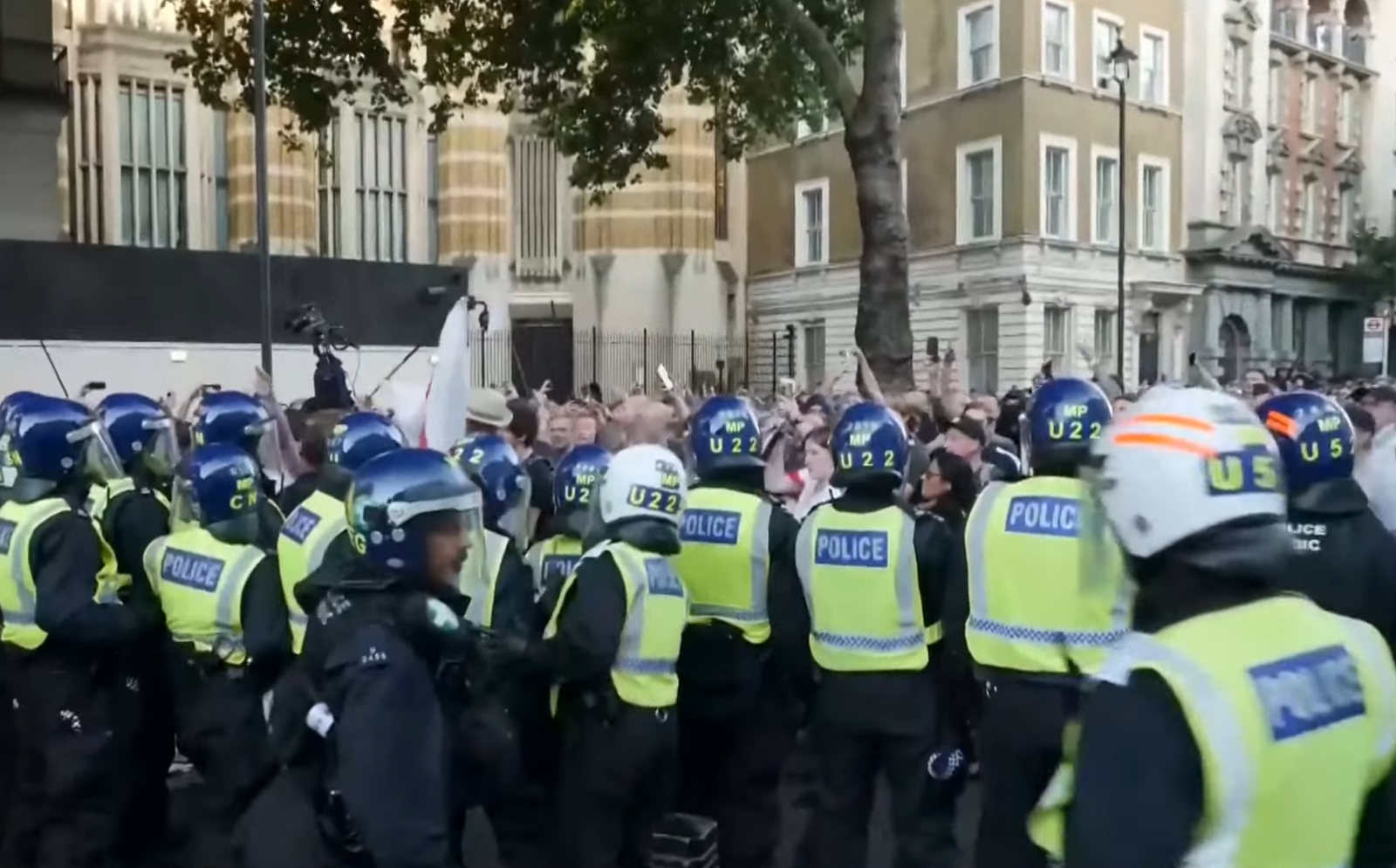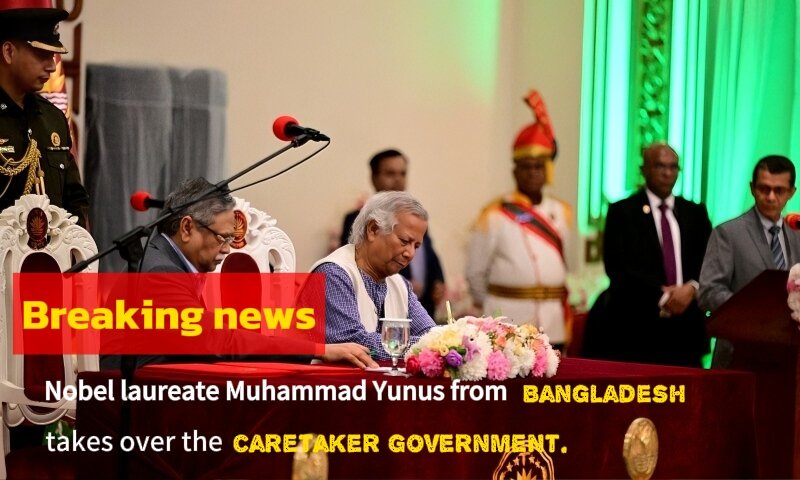
Iran’s Permanent Mission to the United Nations has strongly refuted recent allegations of interference in the 2024 US Presidential Election. These claims, made by American intelligence and cyber agencies, have been dismissed as “unsubstantiated” by the Iranian mission. This blog post explores the accusations, Iran’s response, and the broader implications of these developments.
Washington’s Allegations
The Federal Bureau of Investigation (FBI), alongside the Office of the Director of National Intelligence (ODNI) and the Cybersecurity and Infrastructure Security Agency (CISA), has accused Iran of trying to interfere in the 2024 US Presidential Election. The agencies allege that Iran is targeting both major presidential campaigns—Donald Trump’s and Kamala Harris’s—with cyber and influence operations. The aim, according to these agencies, is to disrupt the election process and influence the outcome by targeting key campaign infrastructure.
Iran’s Response
In response to these allegations, the Iranian mission to the UN issued a statement categorically denying any involvement in election interference. The mission described the claims as lacking foundation and being entirely unfounded. It emphasized that Iran has no intention or motive to interfere in the US Presidential Election. Furthermore, Iran challenged the US government to provide evidence for its claims, stating that they would respond accordingly if such evidence is presented.
Iran as a Victim of Cyber-Attacks
The Iranian mission in New York has highlighted that Iran itself has been the target of numerous cyber-attacks. These attacks have targeted the country’s infrastructure, public service sectors, and industries. Iran’s cyber capabilities, according to the mission, are defensive and aimed at countering threats faced by the nation. The mission reiterated that Iran has no plans or objectives for cyberattacks against the US or its electoral processes.
Following a report by an American digital publication claiming documents proving Iran’s involvement in hacking the Trump campaign, the Iranian mission firmly refuted these claims. The mission asserted that the US Presidential Election is an internal matter for the United States and emphasized that Iran has no role in it. The mission continues to deny any intention to interfere with the US Presidential Election.
Recent Statements by Iran’s Mission
In recent weeks, Iran’s Permanent Mission to the UN has issued multiple statements addressing claims of Iranian involvement in hacking related to the US Presidential Election. The mission has consistently denounced these allegations as absurd, baseless, and biased, reinforcing Iran’s position of non-interference in US domestic affairs.
Increased Aggression in Cyber and Influence Operations
According to a joint statement from the FBI, ODNI, and CISA, Iran’s alleged efforts to interfere in the 2024 US Presidential Election have intensified. The agencies report that Iran is targeting both Donald Trump’s campaign and the American public with cyber and influence operations. This increased activity is attributed to Iran’s perception that the upcoming election is particularly significant for its domestic policies.
Targeting Political Campaigns
Intelligence officials have publicly accused Iran-backed hackers of targeting Donald Trump’s campaign, revealing that the campaign was hacked and sensitive internal documents were allegedly stolen and distributed. Additionally, Iranian hackers are suspected of targeting individuals associated with both the Trump and Biden-Harris campaigns. The FBI launched investigations earlier this summer following phishing schemes aimed at campaign staff.
Historical Context and Previous Interference
The current allegations are part of a broader pattern of foreign interference in US elections. During the 2020 Presidential Election, officials indicated that Iran aimed to damage Donald Trump’s reelection efforts. Similarly, during the 2016 election, Russian hackers stole and disseminated emails from then-presidential candidate Hillary Clinton.
Security and Integrity of the Electoral Process
Despite concerns about cyber operations, the FBI and CISA have emphasized that there is no evidence suggesting that these activities have compromised the integrity of ballots or vote tabulation. The agencies stated that while ransomware attacks against state or local government networks could cause localized delays, they will not affect the accuracy of vote casting or counting processes. This assurance aims to reinforce confidence in the electoral system amidst the allegations of foreign interference.



